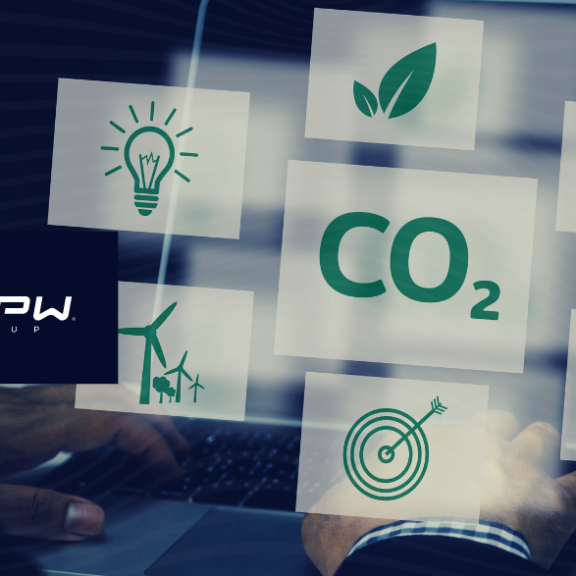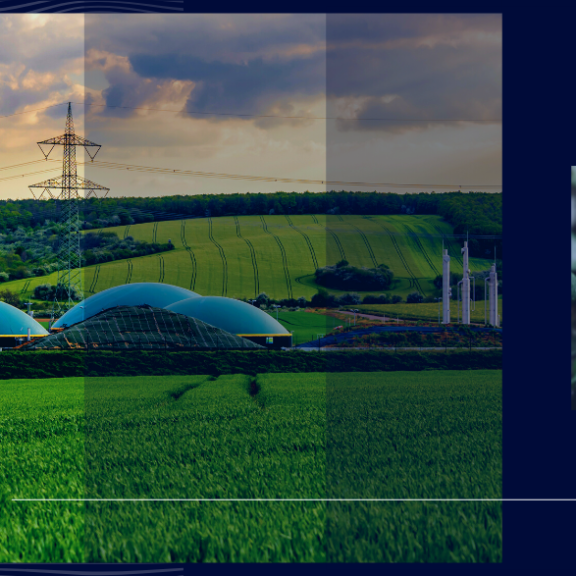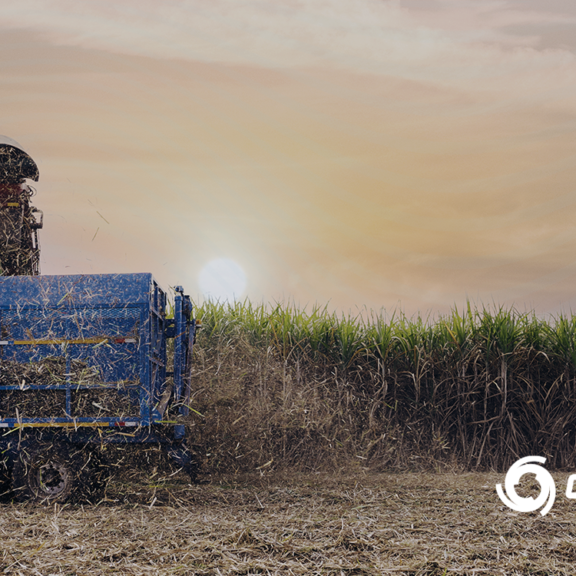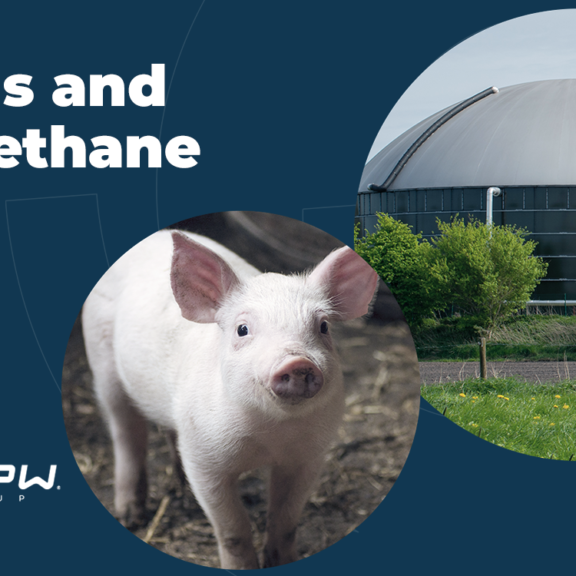What is the context of the carbon credit market in Brazil?
The carbon market emerged from the creation of the United Nations Convention on Climate Change (UNFCC), during ECO-92, in Rio de Janeiro. The creation of the market arose from the need to find ways to decarbonize economies, transforming good results into credits.









